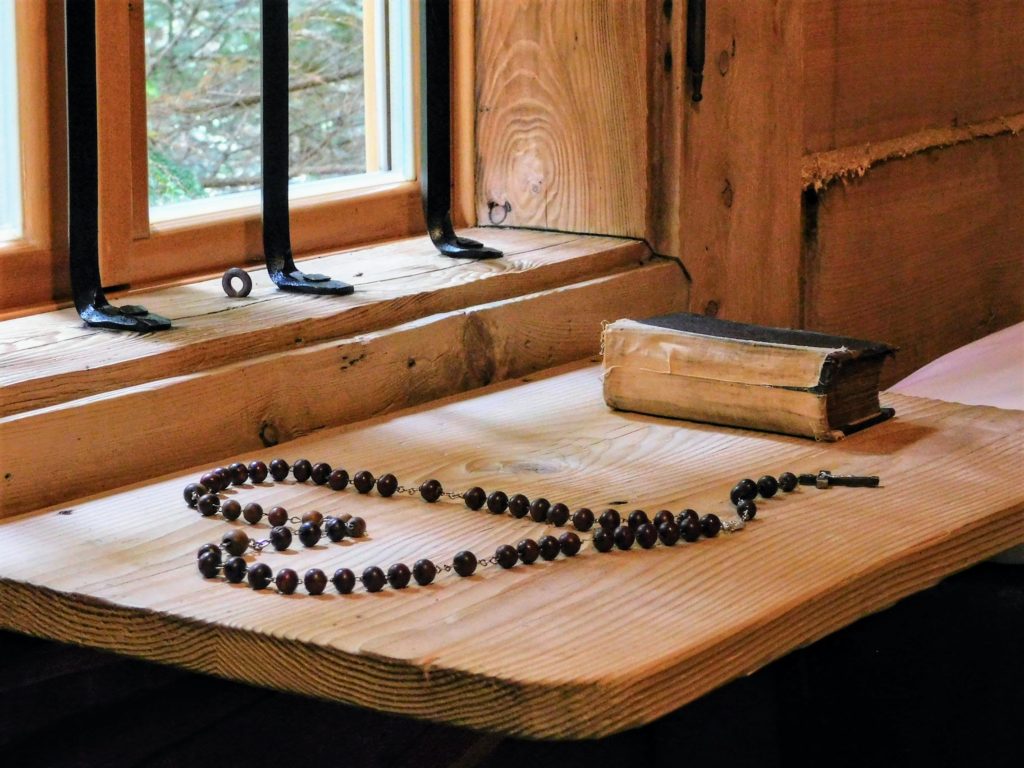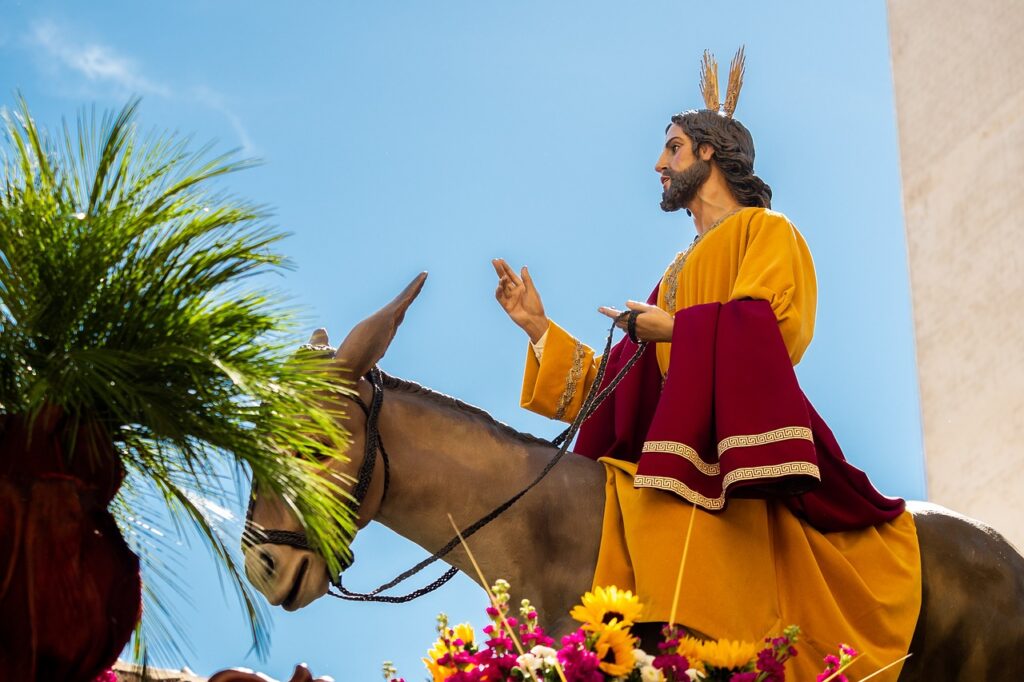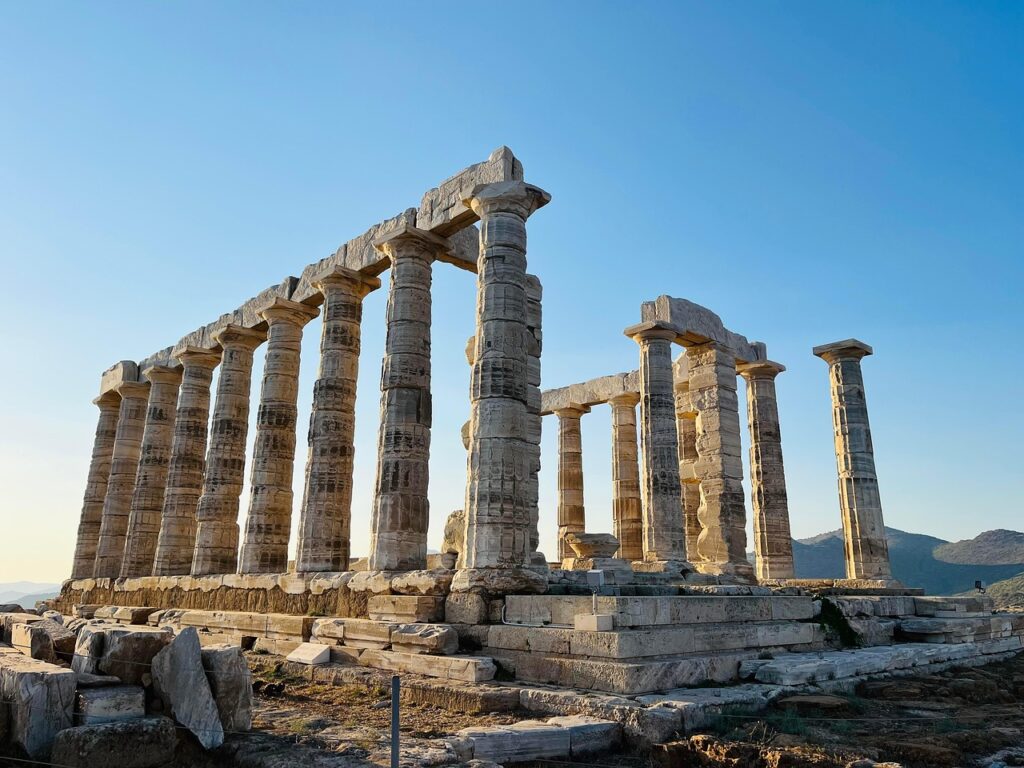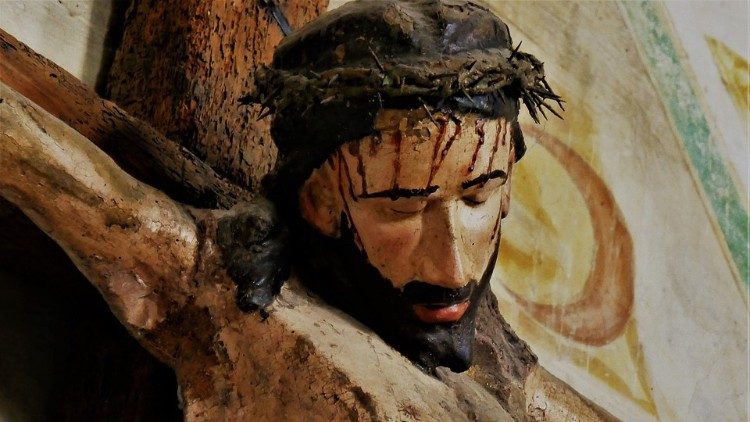Pray One ‘Our Father’ and Ten ‘Hail Marys’
Two Million Poles Pray the Rosary Every Day

One “Our Father” and ten “Hail Marys” while meditating on the twenty mysteries of faith – this prayer, commonly known as the rosary, is the favorite prayer chosen by Poles that has accompanied them for centuries.
Despite the enormous wave of secularization, there is no indication that anything will change. New communities are constantly emerging, which base their formation on this Marian prayer. It is also a trademark of Polish parishes where millions of believers pray.
In the national Marian sanctuary at Jasna Góra, apart from the costly rosaries of kings and chiefs, there are also prayer cords made of bread, wool, string by prisoners of the Auschwitz and Ravensbrück camps – the rosary accompanied Poles always and everywhere.
Since the Middle Ages, this Western contemplative prayer was popularized by Dominican and Franciscan Friars, but later by virtually every religious community. In medieval cities, Brotherhoods of the Rosary were established, kings, commanders, craftsmen, and peasants all prayed there. At Jasna Góra, which has become the center of this prayer, rosaries are kept belonging to such people as Stefan Batory, Jan III Sobieski, Queen Bona, and others. A great impulse in popularizing this prayer was the establishment of the Brotherhood of the Rosary in 1610, which delivered its message to the farthest corners of the Polish-Lithuanian Commonwealth. The Jasna Góra sanctuary is a great propagator of the rosary, hence the words of encouragement to recite it by the Primate of the Millennium, Blessed Card. Stefan Wyszyński and Saint Pope John Paul II.
The Jasna Góra Family of the Rosary was founded by Father Bronisław Matyszczyk in the late 1960s and so far several million believers have subscribed to it. Pilgrims from all over the country declare that they will be praying dozens of rosaries every day for specific intentions.
This prayer, which had been already known for centuries, experienced a remarkable renaissance in the nineteenth century, when Paulina Jaricot (soon to be proclaimed Blessed), daughter of a Lyonian industrialist, proposed gathering people who would commit themselves to recite one of the fifteen mysteries of prayer daily. This is how living roses were created, i.e. communities of prayer and formation of fifteen people, which also collected donations for the then dynamically developing missions.
Polish Catholics took over the idea of this pray group system from Paulina Jaricot, and called their groups ‘roses’. These ‘roses’ started to appear in parishes (since the introduction of the mysteries of light by John Paul II, they now contain twenty people) and it is actually a trademark of Polish parishes.
In an interview, Fr Szymon Mucha, who was until recently the national moderator of the Living Rosary Society, claims that “In every Polish parish there is at least one, and usually several rosary ‘roses’. Members pray for the Church, the Pope, the mission of the church, the conversion of sinners, and important social and of course personal matters. Even in new parishes, these ‘roses’ are immediately created, which are the most common prayer communities in Poland. It is a unique power.”
There are stereotypes about this power that the rosary is prayed, or actually thoughtlessly “patted” by old church devotees.
“The rosary, attacked and ridiculed, considered to be the prayer of simpletons, gives spiritual strength, reveals the power of God’s Word, exorcises, leads to the depths of faith,” wrote the late Dominican Father Stanisław Przepierski OP, a great propagator of the rosary. Belonging to a ‘rose’ is associated with being in spiritual formation, by listening to conferences and lectures in Mariology.
This spiritual formation of members is provided by the Living Rosary Association, which has a Statute approved by the Polish Episcopal Commission, says Archbishop Wacław Depo in an interview with Family News Service, The Archbishop of Częstochowa, and delegate of the Polish Episcopate for the Living Rosary Association. In each diocese there is a diocesan moderator, pilgrimages to Marian shrines are organized, there have already been nine national pilgrimages to Jasna Góra. The publication produced for the formation of the members of the Living Rosary is the monthly magazine Różaniec, published by the Loreto sisters from the Warsaw-Praga diocese. In Gietrzwałd, where the Mother of God asked girls to say this prayer, retreats for the more zealous member of the Living Rosary take place every year – adds His Eminence the Archbishop.
The rosary is prayed by the faithful of all ages, children’s rosary rings are very popular, the initiator of which is Maria Magdalena Buczek, who is associated with Radio Maria.
In the diocese of Tarnów, from which the most missionaries come, there are many Mission Roses.
In the 1980s, the Spiritual Adoption of the Conceived Child was established. People who wish to pray for an unborn child undertake to pray the decades of the rosary for a child who is at risk of abortion within nine months. There was also the creation of the Prayer of the Apostolate Margaretka, which is a prayer for priests. The faithful form groups of seven who say decades of the rosary for a specific priest on a specific day of the week.
Therefore, the rosary knows no bounds, it is a living prayer that constantly inspires people to take up new tasks, it attracts many Catholics. In 2018, spontaneously two new initiatives have emerged: the Family Rosary and the Male Rosary.
“We are not inventing anything new, we are returning to a tradition that has lasted for centuries, we want families to pray the rosary together,” says Family News Service, the coordinator of the Rosary of Families. “Families, married couples, and individual family members get involved in this initiative. After sacramental life, personal prayer in houses is the most important.”
The FMS also informs us that since January this year, the Franciscan Fathers of Niepokalanów have been exercising spiritual care over the Rosary of Families. The formation of its members is based on the teaching of John Paul II, who called with paternal concern to return to prayer in the family and to pray for families.
For several years, on the first Saturday of the month, men with rosaries in their hands have gone out to the streets and squares of Polish cities (recently there were already fifty). In the last two decades, many male prayer communities have been established in Poland. It is a peculiar sign of the times in the Church. Knights of Columbus (transferred from the US), and native Knights of Mary, Knights of John Paul II, Men of St. Joseph, and many others gather for prayer. Passers-by are impressed with the sight of elegantly dressed men kneeling in the square praying the rosary. This is a response to the call of the Servant of God Card. August Hlond, who wrote that: “a movement [should arise] not bloody, but pious, enormous, not destructive, but passionate,[and] creative. The greatest effort is required! All energies and the most perfect passions must be tense! We must arrange the last uprising, an uprising against ourselves, against our mistakes, our sins! ”
The Male Rosary is a service celebrated on the first Saturday of the month, honoring the Immaculate Heart of Mary.
“It is very important that the rosary is prayed in public by men,” says Artur Wolski, head of the Wings of Glory Foundation. He mentions that already during the second service, which begins with Holy Mass. In the cathedral, long lines had formed to the confessionals and several priests were hearing confessions non-stop. “It is a phenomenon, God’s will,” he emphasizes. “The participants wish to fulfill the orders of Our Lady of Fatima to pray and repent.”
What attracts the faithful to pray the rosary? -“In difficult times, the faithful feel that this is a rescue for the world,” says Archbishop Depo. “And it is a lever that spills good into this world.”
“It’s a miracle,” says Artur Wolsk. “Probably men have found out that God is the only salvation. And the rosary is a lifeline that they grab.”
Family News Service
Related

Reflection by Bishop Enrique Díaz: On a Donkey
Enrique Díaz
13 April, 2025
5 min

He who is without sin, let him cast the first stone: Fr. Jorge Miró
Jorge Miró
06 April, 2025
3 min

Reflection by Bishop Enrique Díaz: Great things you have done for us, Lord
Enrique Díaz
06 April, 2025
5 min

THE WAY OF THE CROSS: Accompanying Jesus on the way to the Cross
Luis Herrera Campo
31 March, 2025
5 min
 (EN)
(EN)
 (ES)
(ES)
 (IT)
(IT)

